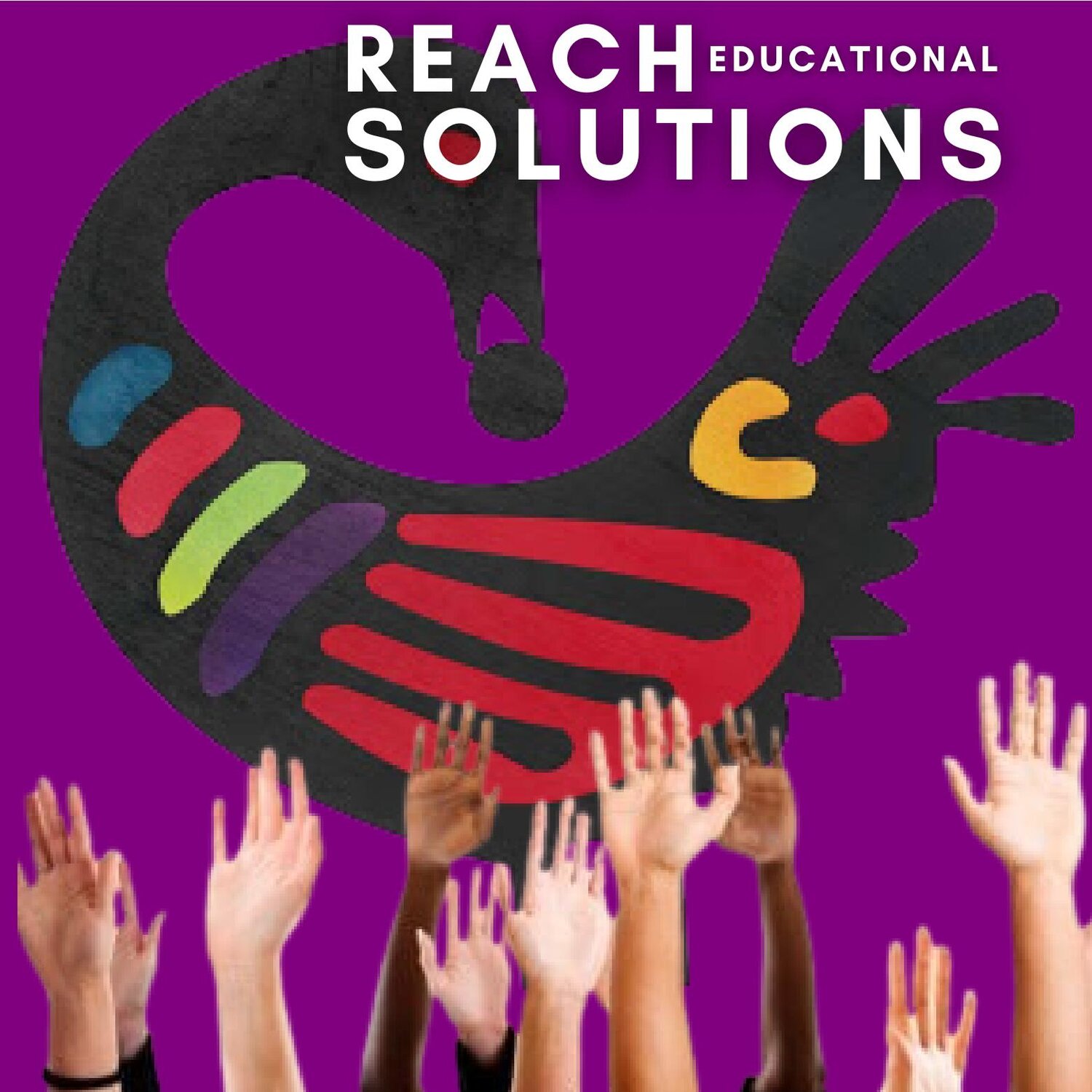
The Telomere Project Explained.
-
WHAT IS THE TELOMERE PROJECT?
The Telomere Project addresses the many ways in which marginalized students of color bear the brunt of racial, social, class, and gender discrimination with solution-based interventions. Telomeres are compound structures at the end of chromosomes. Although telomere shortening is a natural aging process when under stress, telomeres shorten at an accelerated rate, negatively influencing aging and promoting premature diseases in the human body. To no surprise, students of color experiencing heightened stress levels typically presented shorter telomeres than those experiencing less stress. In addition to telomeres, cortisol levels have been another focus in testing the impact of stress on students.
While educators can only do so much to mitigate the effects of external stressors such as economic, social, and cultural standing, they can examine their impact on their students by unlearning implicit biases, becoming culturally competent, and practicing transparency when recognizing these external pressures on students.
In such a tumultuous time of civil strife and inequity, The Telomere Project (TTP) seeks to provide a year-long service for educators in the most affected communities so that they may employ tangible tools and skills to transform, heal, and prevent harm inflicted on the most vulnerable contribution to school: the students.
Centering holistic health and wellness, Dr. Kenjus Watson, a researcher in telomeres, will act as a lead facilitator, and Dr. Jeffrey Gardere, a clinical psychologist managing stress. Participants of TTP will adopt a case study and develop a problem of practice (PoP) aligned to, but not limited to, the text All Students Must Thrive in cohorts. Meeting monthly in their cohorts, educators will utilize findings and thoughts around stress and trauma to implement effective practices in the classroom. At large, participants of TTP will present their PoPs at the end of the program at the year-end expo.
-
SCOPE OF WORK
Among tangible skills, tools, and practices, schools will end the first year of TTP with a distinct shift in classroom culture, a more symbiotic teacher-student dynamic, data personalized to the school, a network of colleagues familiar with effective research and practices, and preparation for the second year of TTP, which will involve more members. As more educators engage in TTP, schools will see changes occur in a more expansive capacity. These changes include but are not limited to safer, healthier, and more holistic spaces within the school. The goal of TTP is to create a school culture grounded in care-informed practices.
-
WHO SHOULD PARTICIPATE IN THE TELOMERE PROJECT?
DISTRICTS
Districts may identify a subset of schools or engage in district-wide participation. Should districts choose the latter, they would have the ability to tailor their projects to accommodate their specific needs. Doing such would also entail creating a year-long calendar that reflects this outcome; this option includes choosing book options that may meet the needs of their communities more effectively.
● Districts with Title 1 schools.
● Districts that are looking to promote SEL supports in their schools.
SCHOOLS
The program's flexibility allows school communities to target specific groups of students to learn from before committing to a whole-school approach. In addition, schools with multiple teachers will benefit from cross-reference data that provide evidence of best practices for creating care-informed classes.
● Schools looking to reform in their culture, race, gender equity.
● Schools identified as comprehensive support improvement (CSI).
● Schools identified as targeted support improvement (TSI).
SCHOOL TEAM
As each year progresses, schools will have the option to participate in a full three-year program in which more team members may join (the ideal trajectory over the three years is, to begin with up to five teachers in the first year, then up to ten additional teachers in the second year, and then full-school implementation in the third).
● School leaders are crucial to this work, as the program is intended to grow to a whole-school approach.
● A student support member should be involved who will adopt the project intimately and learn from Dr. Gardere to implement tools and skills in class.
● Parents are required to join the elementary and middle school teams, as they can offer insight into the community's trends that we are trying to combat. While we strongly encourage parents to be involved in high school teams, it is not required, as we know that parent engagement becomes more difficult. Throughout the program, we will be providing strategies for increasing parent engagement.








